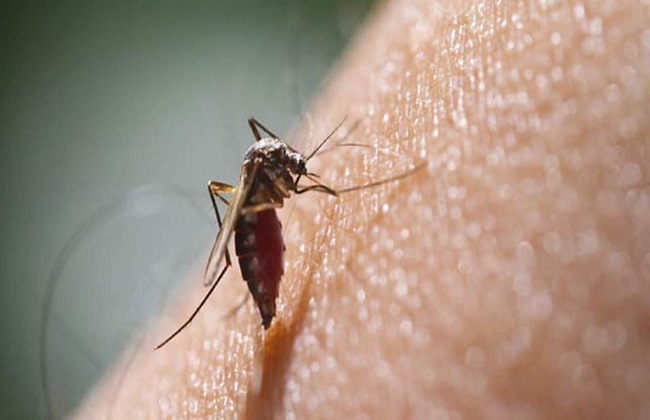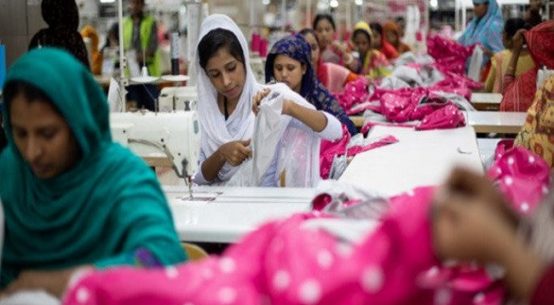
Malaria has gripped an inaccessible hilly upazila of Rangamati district. Jurachari upazila has seen as many as 388 cases of the vector-borne disease in the past two months, a sudden spurt that has put the local health authorities on high alert.
Caused by Plasmodium parasites, malaria affects over 200 million people worldwide annually. This is according to the World Health Organization.
According to the Jurachari upazila health complex authorities, some 265 people were infected with malaria in July. The figure was 123 in June.
Most of the victims were from the inaccessible Moidang and Dumdumya union parishads.
Ward members of Dumdumya union, Laxmi Lal Chakma and Kala Cokha Tanchainga, told UNB, “Every week, at least 7-8 cases of malaria are reported from here.”
According to doctors, June and July usually see a spurt in malaria cases in the hilly region. “The situation may prevail till October,” said Dr Ananya Chakma, upazila health and family planning officer.
Samur Pangkhoa, headman of Dumdmya mouza, said, “In the last two years, malaria cases were low. However, this year, we are witnessing a rise in the cases.”
Amar Shanti Chakma of Bagakhali Community Clinic, also said that the number of malaria cases are on the rise.
However, Dr Ananya allayed fears. “Even if malaria cases are increasing, there is no need to panic. We have adequate stock of medicines at the upazila health complex and community clinics.”


